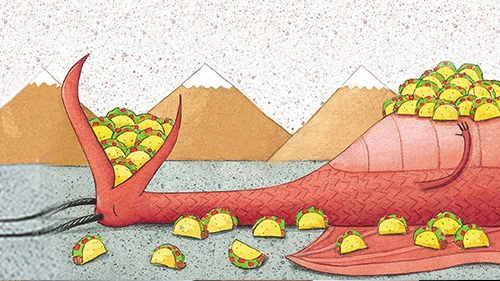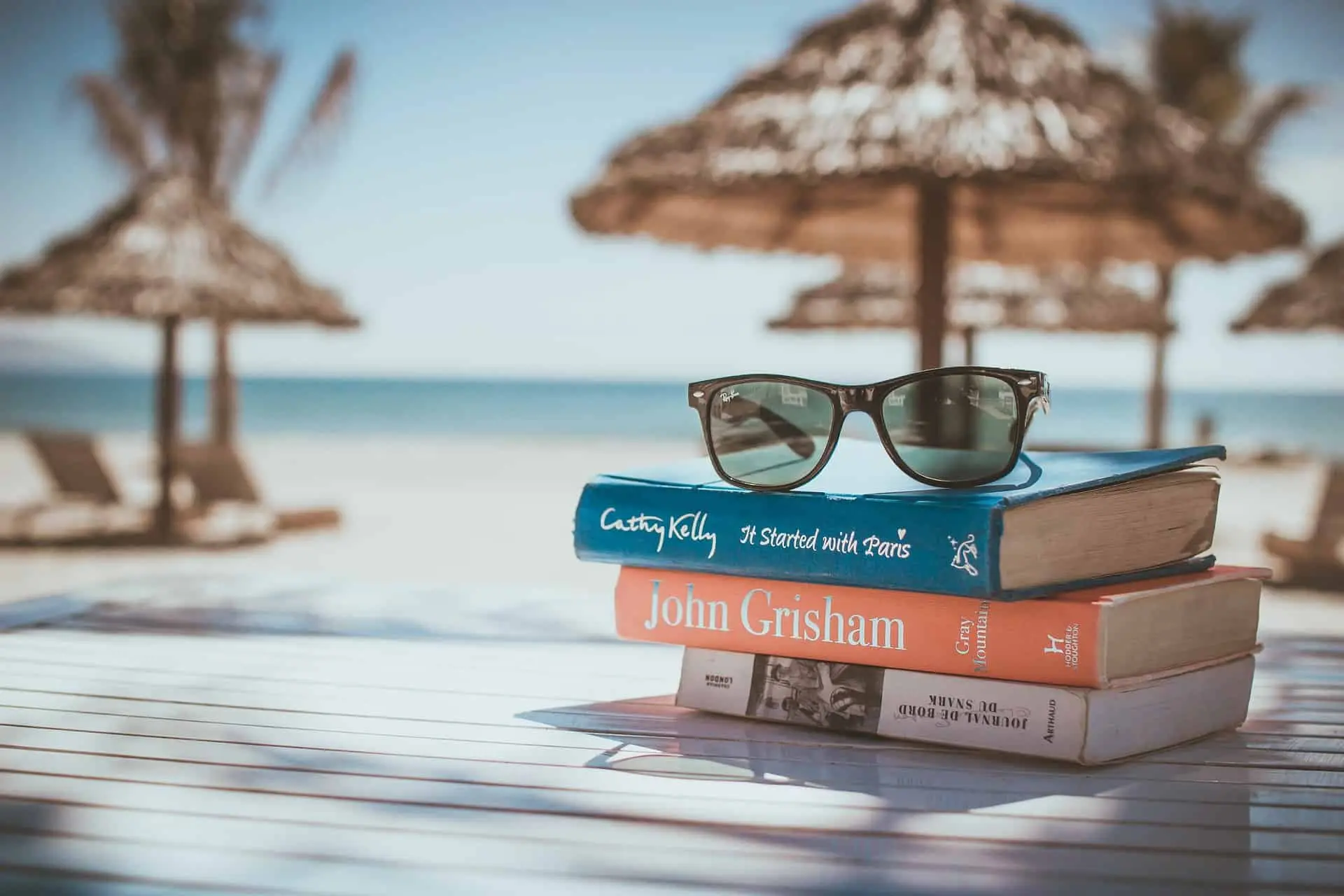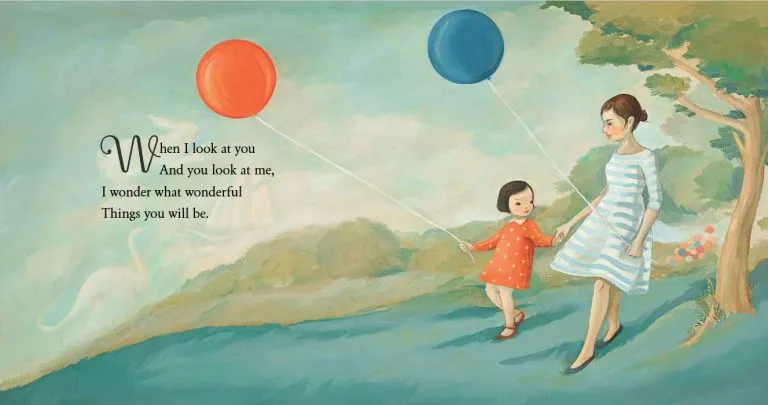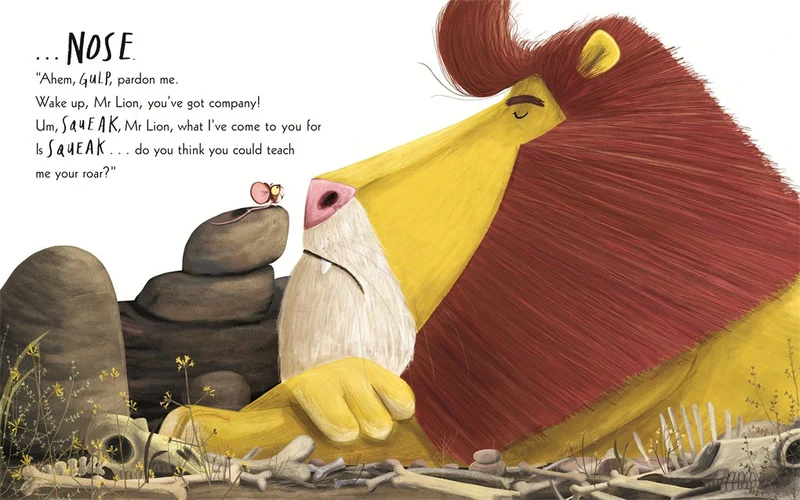For William Gibson, Seeing the Future Is Easy. But the Past?

“Alternate history, in my opinion, is a more demanding game,” says the author of “Agency” and other science fiction novels, “if only because conventional historical fiction, like history, is itself highly speculative.”
What books are on your nightstand?
Current pile:
“The Nickel Boys,” by Colson Whitehead. Awaiting the quieter modality I try to reserve for emotionally powerful novels, which this has every indication of being.
“Austral,” by Paul McAuley. An actual scientist writing strong, emotionally naturalistic science fiction is still a rare thing.
“Cox’s Fragmenta” (two volumes), edited by Simon Murphy. The “Fragmenta” themselves, in the British Library, are 94 folio volumes, well over 200 pages each, of “disparate clippings” from the newspapers of Birmingham and London, “ordered in a chaotic chronology” from the late 1750s through 1833. Francis Cox (1752-1834) was at various times a linen draper and a brush maker. Simon Murphy has boiled this down to a pair of slender, hymnal-like volumes whose effect is indescribably peculiar, like the radically atemporal reception of … a newsfeed? If you can genuinely enjoy this, we’d probably get along reasonably well.
“Love Me Back,” by Merritt Tierce. Inspires me to work harder on female characters.
“The White Angel,” by John MacLachlan Gray. Wonderfully evocative mystery set in Vancouver, 1924. Smog, police corruption, and of course the Ku Klux Klan. I’d so love the CBC to do a limited series of this. The setting, historically accurate, would be as wildly unfamiliar as it is weirdly topical.
Are there any classic novels that you only recently read for the first time?
Alas, no.
Describe your ideal reading experience (when, where, what, how).
The ideal reading experience, for me, is wholly induced by the text, with a complete lack of interruption. My most memorable adult experience of this remains my initial reading of Cormac McCarthy’s “Blood Meridian,” which I began in the cab, in Vancouver, on my way to the airport, in 1991 or so, for my first visit to Berlin. I remember nothing of the journey, between my door in Vancouver and the hotel room in which I finished the book. Just the Judge and I, here to there. Leaving him (as much as any receptive reader ever can) I stepped to the window, blinking out at this city, whenever and wherever it was. I was late getting to the Kunsthalle, to greet Samuel Delany and Wim Wenders, though I was able to later.
What’s your favorite book no one else has heard of?
Having just remembered my first taste of Berlin, I immediately think of Anna Funder’s superb “Stasiland: Stories From Behind the Berlin Wall.” Still as acutely creepy a look into what life was actually like there as I’ve been able to find.
What book should everybody read before the age of 21?
If I were able to prescribe a single work as required reading, it would probably be Umberto Eco’s essay “Ur-Fascism,” bound as a pamphlet for pocket carry, and sympathetically translated into every language on earth. Barring that, I really don’t know. I’m always slightly amazed when someone tells me they first read “Neuromancer” at 12, but then I first read “Naked Lunch” at 13, discovering William Burroughs and Edgar Rice Burroughs in the same year.
What book should nobody read until the age of 40?
I don’t know. If I did, I might well avoid it!
You’ve talked about how often science fiction writers get the future wrong. Are there any you think get it particularly right, or at least close?
“Random Acts of Senseless Violence,” by Jack Womack. Published in 1994, it’s come to mirror our present dystopia in some extraordinary way, I assume by working from fundamentally dysfunctional aspects of our basic primate hardwiring. Written, as it were, not so much with Orwell in mind as Hannah Arendt.
“The Alteration,” by Kingsley Amis. Alternate history, in my opinion, is a more demanding game than imagining the future (if only because conventional historical fiction, like history, is itself highly speculative). Amis rolls the dice hard here, positing the result of the pope having successfully made Martin Luther an offer that prevents the Reformation. A masterpiece of its kind.
What do you read when you’re working on a book? And what kind of reading do you avoid while writing?
When I’m writing fiction, reading fiction rules itself out. Anything that isn’t wonderful seems less interesting than whatever I’m writing, and anything that’s wonderful makes whatever I’m writing seem hopelessly shabby by comparison, triggering impostor syndrome. (After a certain point in one’s career, the worry that they’ll finally notice your true absence of talent morphs into worrying that they’ll finally notice that you’ve Lost It.) It increasingly feels to me, as I get older, that reading and writing occupy the same limited territory in my mind, and I deeply envy those for whom this evidently isn’t a problem.
None of the above seems, mercifully, to apply to nonfiction.
Do you count any books as guilty pleasures?
“Personal Effects,” by Hiroshi Fujiwara. A catalog of 100 personal possessions of Fujiwara’s, each accompanied by his brief explanation of why he likes it. These range from the specific brand of rubber bands he uses in lieu of a wallet to a Hermes guitar case given him by Eric Clapton. I love this, in part because no culture other than Japan can offer the equivalent of Fujiwara, who’s more a cool-hunter than a designer — not that “cool-hunter” really seems to do him justice. (If he’s that, somehow, nobody else really is.) I’ve avoided learning whether the “’09” on the book’s cover indicates that there were an annual series of these, else I have to find and buy them all.
Has a book ever brought you closer to another person, or come between you?
Anything J. G. Ballard ever wrote, surely, has done both, countless times. At the start of my career, before anyone had ever uttered “cyberpunk” as a literary term, mentioning Ballard’s name to a new acquaintance at an sf convention would either produce its own moment of mutual recognition or it wouldn’t. If it didn’t, I tended to move on, and eventually found myself in an orbit of similarly minded enthusiasts.
Which books got you hooked on speculative fiction? Are there any science fiction books you would elevate to the canon?
The annual short fiction anthologies of the late Judith Merril were a remarkable introduction to a superbly cosmopolitan view of speculative fiction. She was as likely to introduce the reader to Borges or Cortazar as to Theodore Sturgeon, and she did so with an effortlessly urbane confidence. And she was doing that on virtually every rotating wire paperback rack in the country!
Do you distinguish between “commercial” and “literary” fiction? Where’s that line, for you?
Dubious, that line, for me. More so after having gotten a B.A. in English literature, focused on comparative literary critical methodology (if nothing else, helpful in coping with one’s least positive reviews).
How do you organize your books?
On my best behavior: by author, in approximate order of publication. More normally: chaos.
What kind of reader were you as a child? Which childhood books and authors stick with you most?
Rather late to catch on to reading, I began with my mother’s annual compendiums of Walt Kelly’s daily “Pogo” strips. The first adult prose I recall reading, and breathlessly at that, was a two-volume set of Doyle’s complete Sherlock Holmes. For the next few years I remember doing little else but reading.
If you were to write something besides speculative fiction, what would you write?
Something historical, perhaps, keeping in mind the fundamentally speculative nature of imagining the past. Or reimagining it, rather, as that’s inevitable. Our sense, say, of the Victorians being not at all our parents’ sense of the Victorians.
You’re organizing a literary dinner party. Which three writers, dead or alive, do you invite?
Given the peculiar shapes my imagination’s been trained into by my work, I’m immediately lost in wondering whether the dead ones know they are, and how they feel about that. And would they somehow be able to eat? To get drunk? Will digital personality constructs of dead authors ever be a viable product? (All too probably.) And then I start imagining the least agreeable possible combinations of personalities, but that could take me weeks to satisfactorily work out.




